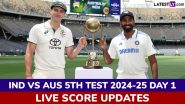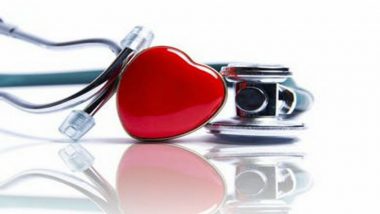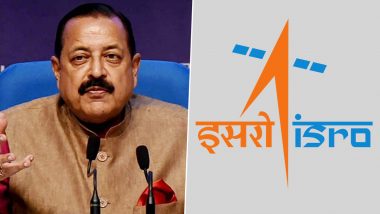Toronto, January 16: Both women and men are significantly more likely to have a heart attack or another major cardiovascular event within thirty days of having a stroke, according to a new study. The research, published in the journal Stroke, demonstrated for the first time that in people with no underlying heart disease, after a stroke they were more than 20 times more likely than those who didn't have a stroke (23-fold in women and 25-fold in men) to have a first-in-life major adverse cardiovascular event. These events include things like heart attack, chest pain, cardiac failure or cardiac death.
This risk dropped after 30 days, but even one year after a stroke, men and women both still had twice the risk of a major cardiac event than those who didn't have a stroke, according to the study. "This shows that after taking risk factors into consideration, having experienced a recent stroke was independently associated with the incidence of major adverse cardiac events," said study researcher Luciano Sposato, Associate Professor at Western University in Canada. Heart Attacks Striking More Young Adults: What to Do In Your 20s to Prevent Heart Disease.
"This leads us to believe that there are underlying mechanisms linked to stroke that may be causing heart disease," Sposato added. For the findings, the research team examined ICES data for more than 90,000 adults over the age of 65 in Ontario with no pre-existing clinical diagnosis of heart disease.
The researchers examined the incidence of cardiac events in two groups - a group of just over 20,000 that had a stroke and a group of approximately 70,000 individuals without stroke but with similar vascular risk factors, comorbidities and demographic characteristics.
In a paper published earlier in 2019, Sposato and collaborators used animal models to back up this finding by demonstrating that the brain damage caused by stroke leads to inflammation and scarring in the left atrium of the heart. These changes are well-known structural abnormalities for a number of heart diseases such as heart attacks, heart failure and cardiac arrhythmias. The researchers hope this information will inform clinical practice and encourage health care providers to watch for cardiovascular symptoms in patients who recently had strokes.
(The above story first appeared on LatestLY on Jan 16, 2020 04:08 PM IST. For more news and updates on politics, world, sports, entertainment and lifestyle, log on to our website latestly.com).












 Quickly
Quickly

















